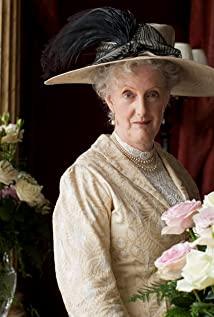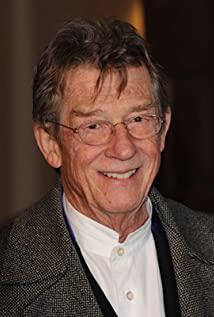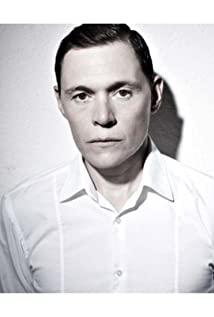Until I read Wittgenstein's "On the Philosophy of Logic" a few days ago, I suddenly realized that the thinker in the professor's Oxford lecture was Wittgenstein. The wonderfulness and aggressiveness of the professor's speech is like a foreshadowing, a prophecy, which disintegrates all logic. However, you have to see the end of the film to understand this. So looking at it as a detective film is bound to express disappointment and consternation at the butterfly effect interpretation of the ending, because it renders any logical reasoning you made in the previous hour and a half ridiculous and meaningless.
-------------------Wittgenstein: Logic is imaginary, philosophy is pathological -------------------
Professor A mythical hero of a philosophical revolution is depicted in the speech.
Wittgenstein. Alone like an eagle, manic and suspicious, no group, no friends, no lover, no marriage. He is gay, depressed, and has a lifelong suicidal complex.
He was drafted into the army to participate in the First World War. He did not fight, but he completed the manuscript of "On the Philosophy of Logic" in the midst of war. When captured by the Italians, he was riding on the barrel, whistling the second movement of Beethoven's Seventh Symphony. He could not seem to see the cry of life and the tragedy of history around him. His own explanation is: "It's because I have suicidal tendencies, and there is no better way to commit suicide than war." In
this "On Logic and Philosophy", which is less than 100,000 words, the sentence "Anything that can be said can be said. Speak clearly, and everything that cannot be said should be silent", which resolved the endless philosophical debate of an era.
What is "unspeakable"? Values, religions, imaginations, and ethics are all sacred, unneeded, and unspeakable, because the metaphysical and perceptual experiences of life and speculation are always higher than those of the natural sciences that can establish systems and methods.
Wittgenstein said, a philosopher is like a person trapped in a room, the window is too high to climb out, the chimney is too narrow to get out. But as soon as he turned his head, he could see that the door was always open.
"Don't think about it, see it!". Wittgenstein unrestrainedly restored philosophy to the highest level of simplicity and simplicity. Philosophers for thousands of years have never thought that philosophical speculation will go backwards, and even deconstruction will be a kind of sublimation.
But he is a complete anti-philosophical fighter. "Philosophy consists in the misuse of language", "What is philosophy? It is to show flies the way out of the flytrap.". He subverted the metaphysical discussion in the entire philosophical circle, pointing out that the root of philosophical problems is a kind of morbidity, the insanity of mediocrity, and the misuse of everyday language. Philosophers are just advanced patients who make language games. The idea of "language games" has also become a panacea used by postmodern "philosophers" to explain and deconstruct philosophical issues and to eliminate authoritative cultural centers.
----------------------- Reasoning: There is no "truth" --------------------- ------------
Science liberates metaphysical beliefs, but digs new traps, making us blindly pursue the so-called truth and rely too much on the routine of logical reasoning. This is as sad as purely metaphysical belief. In fact, what truth is there in this world? Some are just phenomena and interpretations of them. The film critiques the creation of "concepts" and "facts." Like "language games" that create philosophical questions, their very existence is an extreme irony.
So, instead of looking at it from the perspective of a pure detective film, I would rather give him the label of "deconstructing philosophy of logic"~
View more about The Oxford Murders reviews











